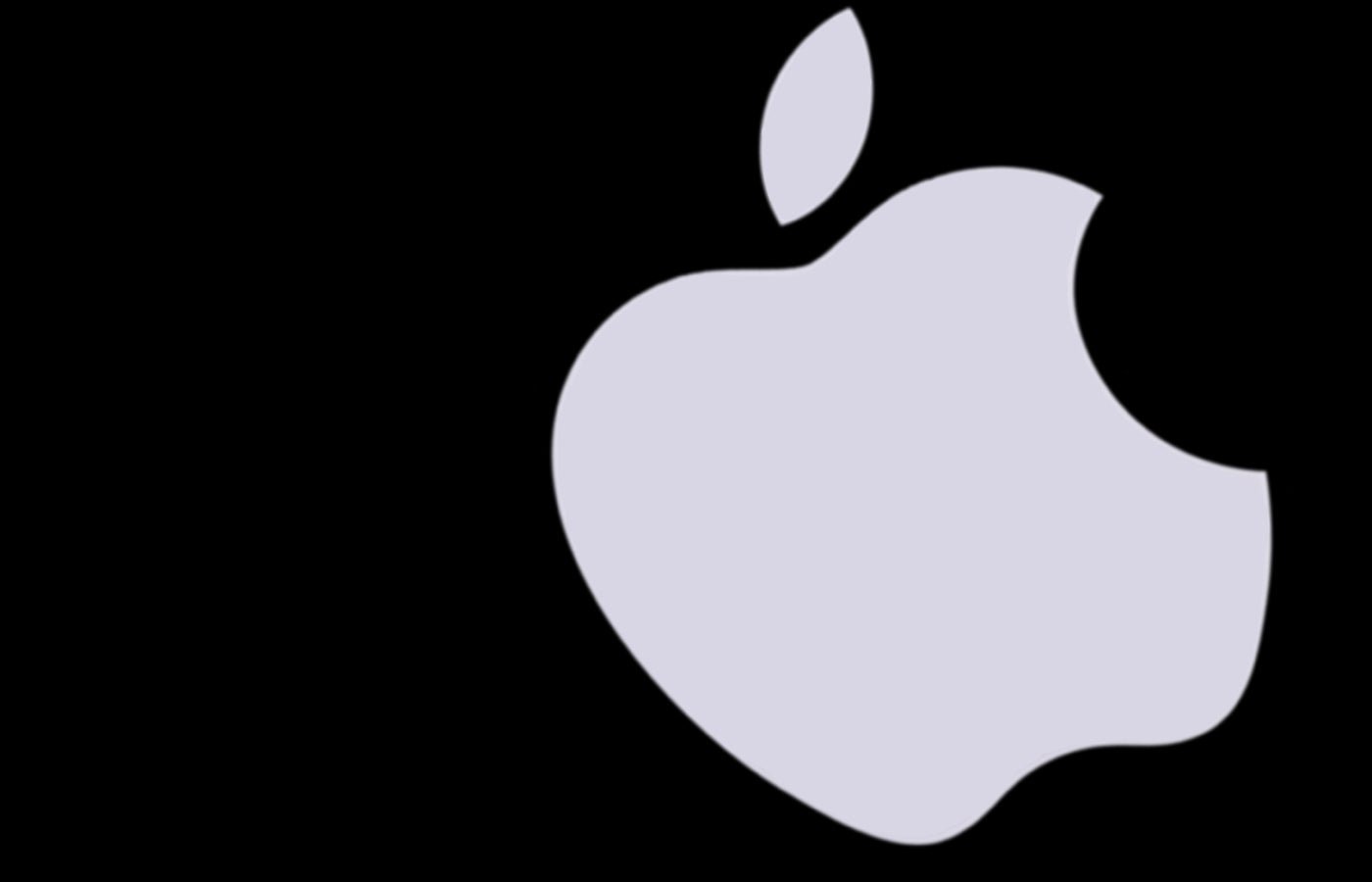The UK’s competition regulator has raised concerns about Apple’s dominance in the mobile browser market.
The Competition and Markets Authority said on Nov. 22 that Apple was restricting competition by restricting the use of competing browsers on its iOS devices and effectively requiring developers to use its WebKit browser engine. This can stifle innovation among competitors, leading to reduced choice for consumers.
Currently, any browser available for iOS must use WebKit. The CMA report says WebKit limits the ways in which browser vendors can differentiate themselves from each other. It also claims that third-party browsers built with WebKit do not have the same level of access and functionality as Safari.
Browser competition is ‘holding back innovation’ in the UK, according to CMA chief executive
Third-party browser developers told the CMA that because of these restrictions, they were unable to offer certain privacy and security features or faster loading of web pages. They were also held back from creating so-called “progressive web apps,” low-cost apps that are built using web platform technologies and don’t need to be downloaded through an app store.
Apple also limits the amount of traffic and customization options available for in-app browsing in third-party apps.
Margot Daly, chairman of the CMA’s independent investigation group, in s press release: “Markets work best when competing businesses are able to develop and bring innovative options to consumers. Through our investigation, we have tentatively found that competition between different mobile browsers does not work well and is holding back innovation in the UK.”
Other issues raised by the watchdog include a dubious agreement between Google and Apple, which means they both earn significant revenue when their rival’s browser, Chrome or Safari, is used on iOS. Such revenue sharing reduces their incentive to compete with each other.
Apple and Google can also manipulate their respective browser selection screens, which allow users to choose their default Internet browser to open links, to make Safari and Chrome the clearest or easiest options.
SEE: Apple’s geo-blocking practices may violate EU rules
The investigation was opened in 2021 when the CMA ruled that Apple and Google have an “effective duopoly on mobile ecosystems, including operating systems, app stores and web browsers on mobile devices.”
The watchdog is exploring possible mitigations, including forcing Apple to loosen its browser engine restrictions. The report provisionally recommends that the CMA prioritize its investigation into Apple and Google’s duopoly under the new Digital Markets, Competition and Consumers Actwhich will come into effect early next year.
Relevant parties can now comment on the investigation teams’ preliminary findings, and the final decision will be published in February or March 2025.
Google and Apple insist they support competition in the mobile browser market, but will comply with the investigation
A Google spokesperson told TechRepublic, “Android’s openness has helped expand choices, lower prices, and democratize access to smartphones and apps. We remain committed to open platforms that empower consumers and help developers build successful businesses and we will continue to engage constructively with the CMA on these matters in the months ahead.”
Meanwhile, Apple “disagrees with the report’s findings regarding Safari, WebKit and in-app browsing on iOS,” according to a spokesperson. They told TechRepublic that “Apple believes in thriving and dynamic markets where innovation can thrive. We face competition in every segment and jurisdiction where we operate, and our focus is always the trust of our users.
“We are concerned that the interventions discussed in the report for future consideration under the Digital Markets, Competition and Consumer Act will undermine users’ privacy and security and hinder our ability to make the kind of technology that sets Apple apart. We will continue to engage constructively with the CMA as their work on this matter progresses.”
Apple also claims that allowing non-Safari browsers on iOS and allowing users to choose their default browser ensures continued competition.
It previously defended its policy regarding WebKit, arguing that “mandating the use of third-party rendering engines on iOS would break the integrated privacy, security and performance model of iOS devices” in response to a 2022 report from the CMA to its mobile ecosystem.
The report’s authors also said that by requiring apps to use WebKit, Apple is “able to quickly and efficiently address security and privacy concerns across all browsers on the iPhone for all iPhone users.”
In the EU, browser engines other than WebKit can be used to build browsers for iOS and iPadOS due to the Digital Markets Act. The Cupertino giant has a policy change in January 2024 to comply with its requirements that it “enables browsers running on iOS to use a browser engine other than WebKit” and provides “equivalent access to key features and functions that Safari has access to.”
Apple also introduced a pop-up browser selection screen for EU consumers, which appears the first time Safari opens after the iPhone is updated to iOS 17.4, when the DMA took effect in March. Initially, the alternatives to Safari were not made clear enough in the list of options, so Apple had to make some changes in August.
Global regulators are holding Big Tech accountable for hindering competition
The CMA’s move is part of a broader investigation into mobile ecosystems as regulators worldwide increase scrutiny of the tech giant’s market power.
Apple has also been in the crosshairs of European regulators and the U.K. In June, the company was charged with violating the DMA for several reasons, including not making it easy enough for developers to send their customers to buy options outside of the app which does not apply financially. favor Apple. The Commission also has a non-compliance investigation or Apple discourages developers from offering their iOS apps on third-party platforms.
In August, Apple announced that it would allow EU users to delete pre-installed apps on iOS 18 to comply with the DMA. It also made the browser selection screen clearer and expanded several default apps that can replace third-party versions.
+++++++++++++++++++
Ready to Sell beewire.org
AISKILLSOURCE.COM










